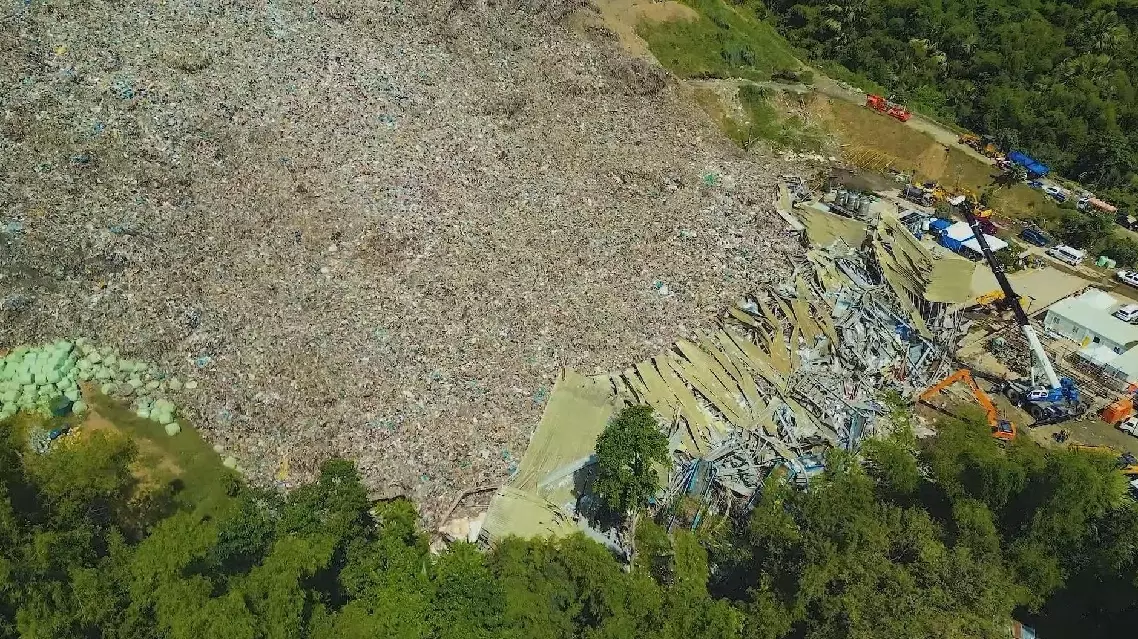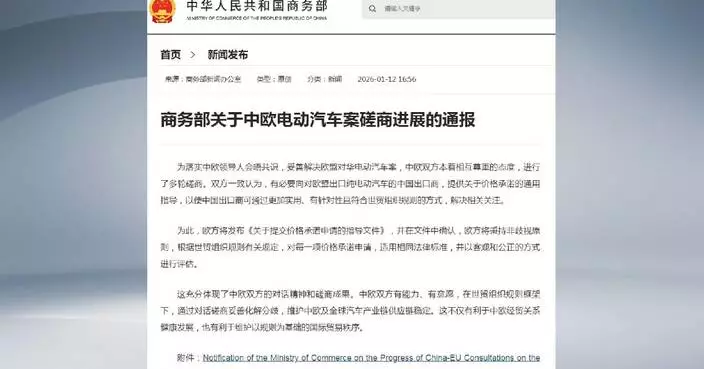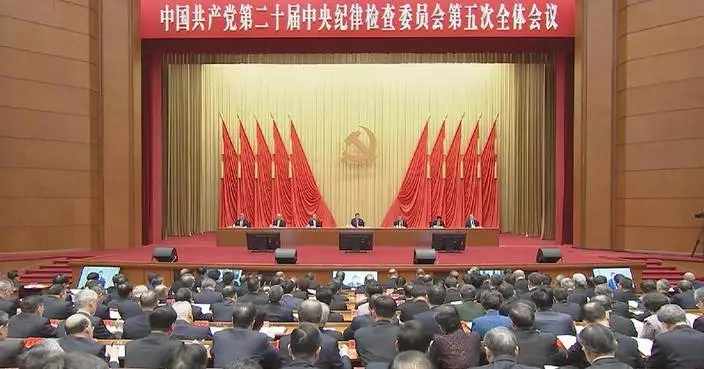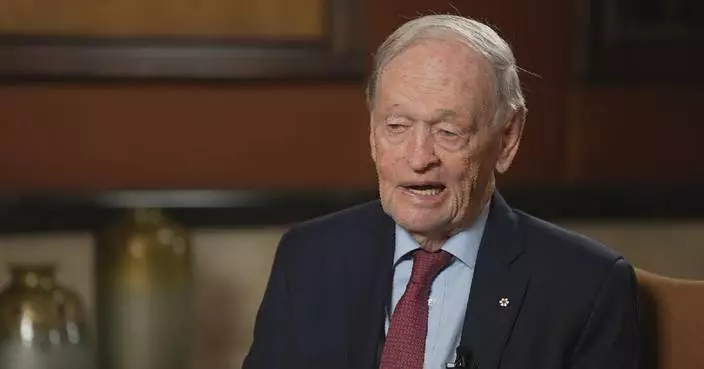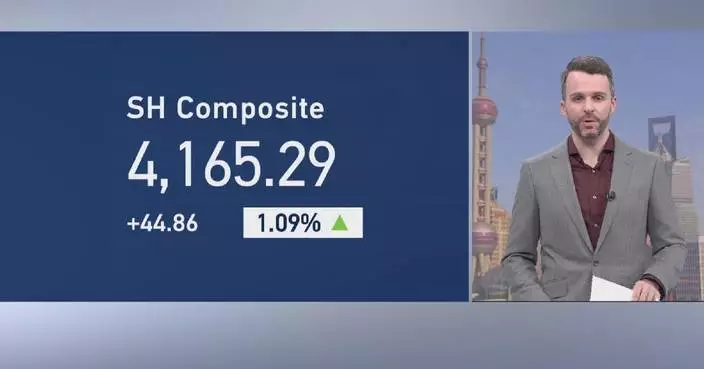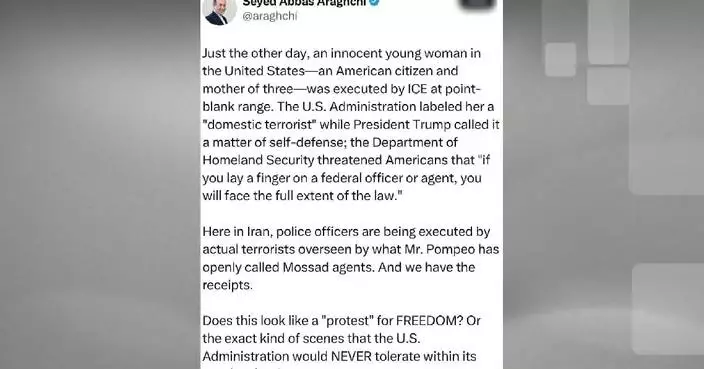The 9th Chinese Cinema Festival in Sao Paulo, taking place as Brazil and China celebrate 50 years of diplomatic relations, packed theaters with audiences eager to see classic and modern Chinese films.
With 14 movies to choose from, the event proved an overwhelming success. One film buff was drawn by his interest in Chinese martial arts.
"I really liked it. I enjoy Kung Fu films. I practiced martial arts for quite a while, so I'm really interested in this," said Hector Felix, a sales assistant.
The festival was organized with the support of Sao Paulo's Confucius Institute, one of the most important organizations working to spread Chinese culture around the world, including in Brazil.
"A lot of people from other countries are very interested in China, not only in its current development but also the history of China and why China can develop so fast. That must have something to do with its history and Chinese culture. So that's why language and culture are very important for us to know, and that's what our Confucius Institute is doing now," said Ye Dan, director of the Confucius Institute.
As Brazil and China continue to strengthen their political and economic ties, there is also space for events like this Cinema Festival to enhance cultural integration between the two nations.
Romualdo Matos, a Portuguese language teacher, said he was taking the opportunity to broaden his knowledge of Chinese cinema and culture.
"I find it interesting how they value antiquity and ancestry. Even in more modern films, I notice they emphasize this connection to culture and tradition. For a long time, we came to know China through its products, and now we are getting to know China through its culture. This is really great," said Matos.
As the theme of the festival — "Far... But Close" — suggests, Brazil and China may be physically distant, but cultural exchange can help build a bridge and bring these two sides of the planet closer together.
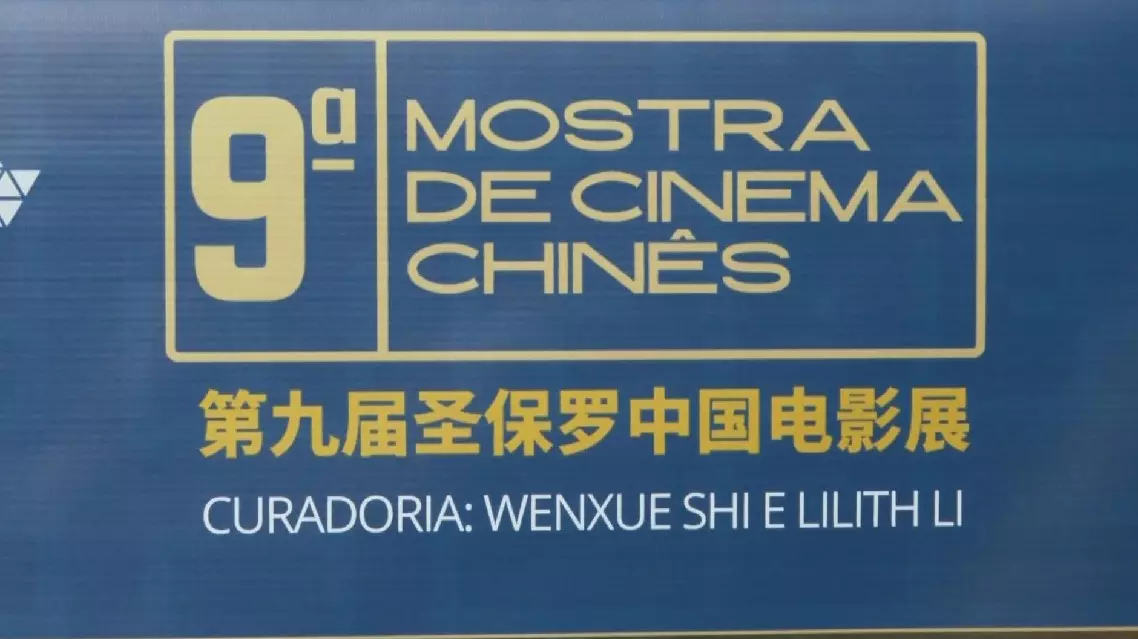
Sao Paulo Chinese cinema festival casts lens on China for Brazilian viewers


